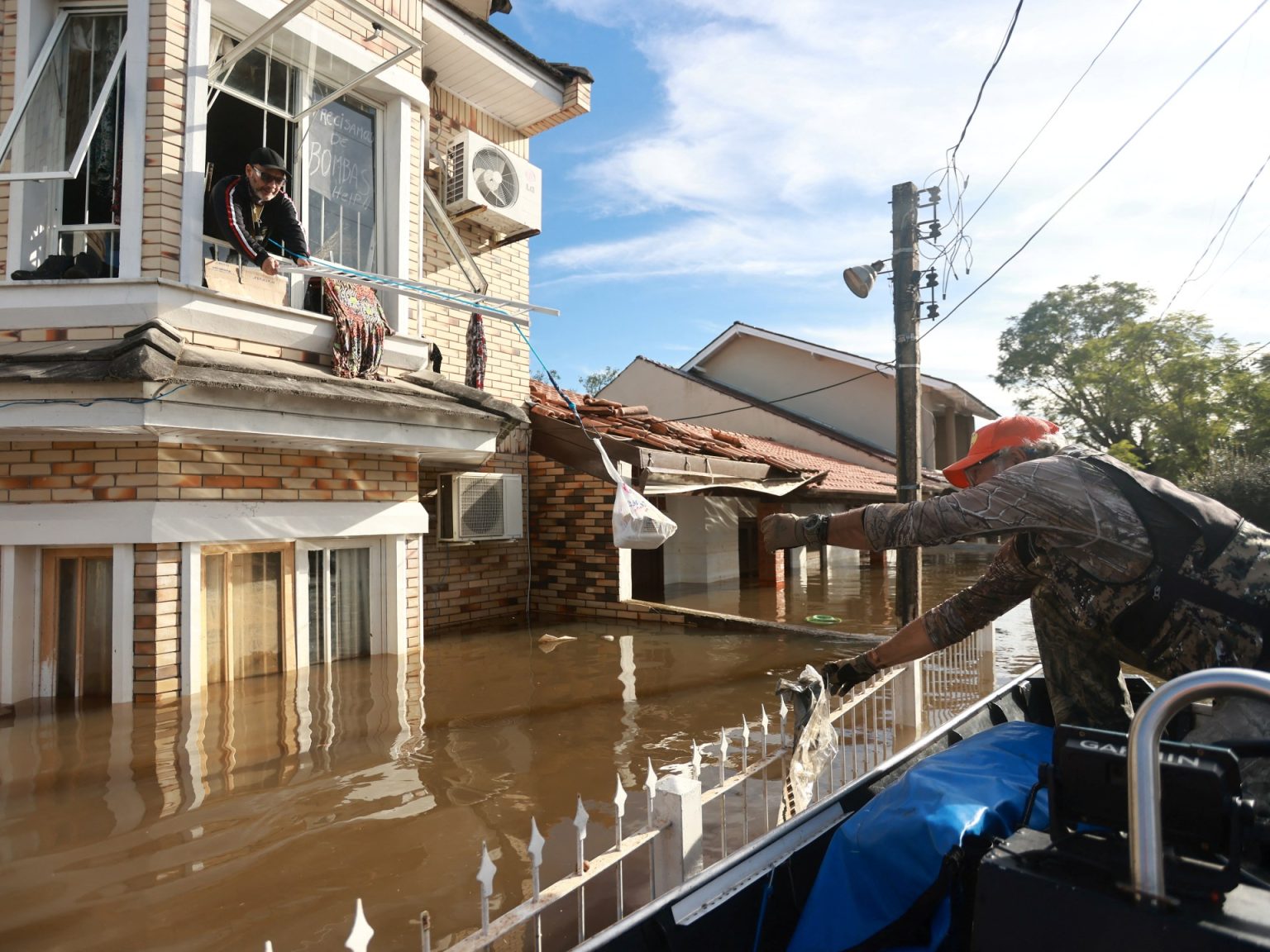The flooding in southern Brazil has been devastating, with over 2.3 million people affected and 161 confirmed dead. Officials have declared it the worst climate disaster the region has ever seen, exacerbated by widespread disinformation aimed at undermining the government. False claims about President Lula’s response to the disaster have been circulating, leading to a climate of mistrust and hindering recovery efforts.
Fake news has impeded government flood warnings, discouraged volunteer efforts, and caused panic buying in supermarkets, despite reassurances from rice producers that the country is not facing a shortage. The disinformation campaign has targeted the government, particularly President Lula, aiming to undermine relief efforts and delegitimize government actions. The deliberate spread of inaccurate information has been linked to far-right influencers, websites, and politicians with the goal of attacking the state.
President Lula has been a prime target for the disinformation campaign, despite his administration’s significant relief efforts and financial support for flood victims. Posts have downplayed the government’s rescue efforts and spread false narratives about insufficient aid and strained relations with local residents. The disinformation has diverted resources, hindered rescue and reconstruction work, and created a climate of distrust and confusion in Rio Grande do Sul.
While fake news is not a new phenomenon in Brazil, the internet has made it more pervasive, particularly in political communication. The 2018 presidential election marked a significant increase in disinformation, with far-right supporters using social media platforms to spread conspiracy theories. The current flood crisis has once again highlighted the role of disinformation in undermining government efforts and sowing division ahead of upcoming elections.
Experts believe that the disinformation campaign surrounding the flooding is a result of political polarization in Brazil, with opposition groups seeking to delegitimize positive actions taken by the government. As the country prepares for municipal and national elections in the coming years, disinformation campaigns are expected to intensify, with the aim of influencing voter sentiment and undermining political rivals. The organized and targeted nature of the disinformation poses a significant challenge to the population and the ongoing recovery efforts in Rio Grande do Sul.













